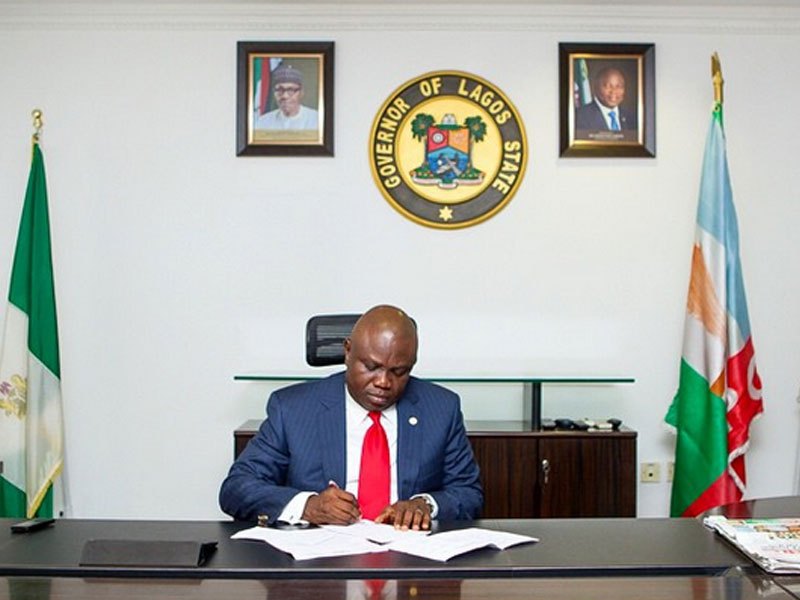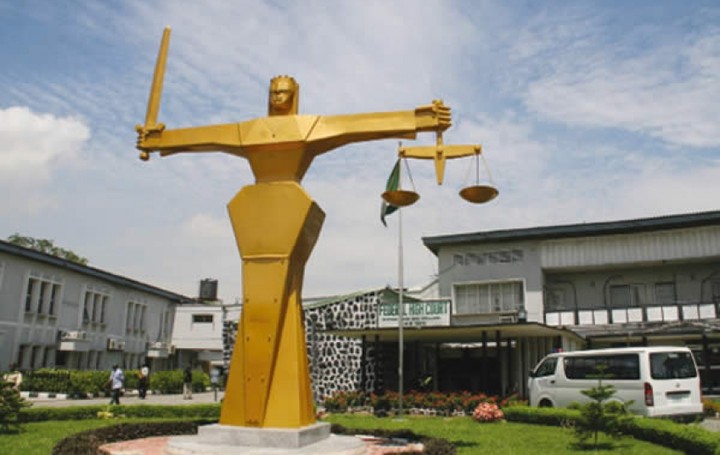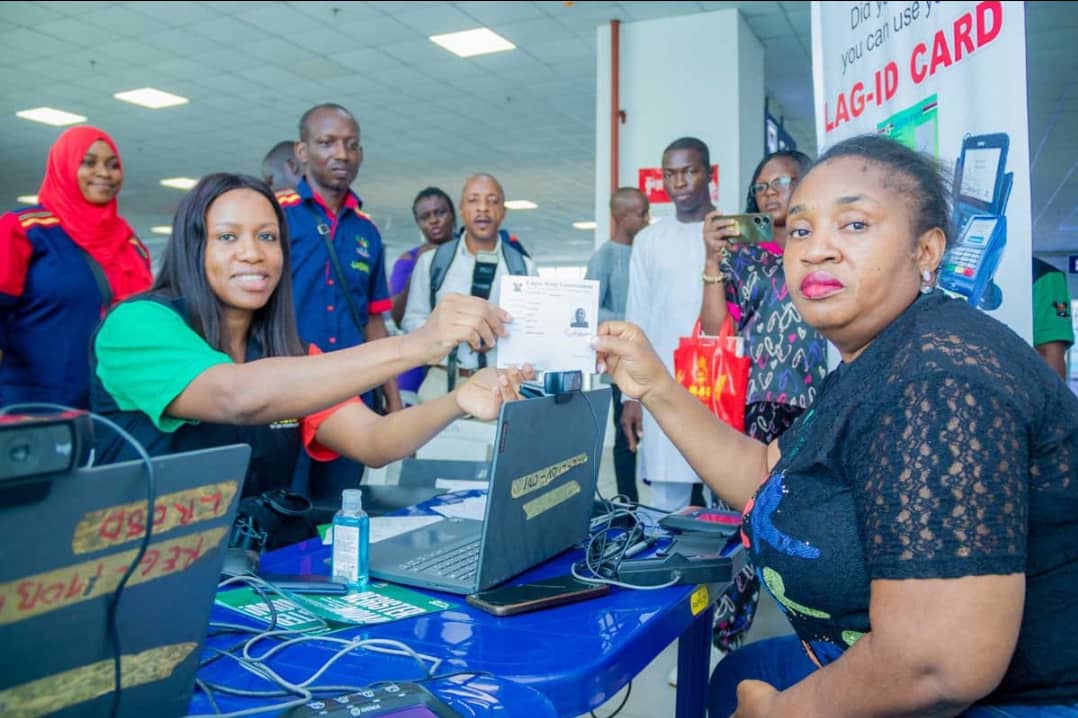STANDARD PROFILE OF BOMA FEMI JULIUS
BY
CHINEDU NSOFOR
Boma Femi Julius is one individual who has stood out in the dynamic and demanding realm of drilling and well engineering. With a robust educational background and extensive professional experience, Julius stands as a paragon of expertise and innovation in the field. His journey from Nigeria to international acclaim is a testament to his dedication, skill, and relentless pursuit of excellence.
Education and Skill Set
Julius’ academic foundation is as solid as the wells he helps to engineer. He earned his Bachelor of Engineering in Polymer and Textile Engineering from the Federal University of Technology Owerri, Nigeria, in 2001. Building upon this foundation, he pursued further studies, obtaining a Mini MBA in Business Administration and Management from the Tekedia Institute in 2020. His crowning achievement came with the completion of a Master of Science in Drilling and Well Engineering from the prestigious Robert Gordon University in 2021.
Armed with this impressive academic arsenal, Julius possesses a diverse array of skills that set him apart in his field. As a drilling engineer and drilling fluids specialist, he combines technical acumen with practical experience to tackle even the most challenging drilling environments. Additionally, his expertise extends to the realm of martial arts, where he serves as a karate coach, demonstrating a well-rounded approach to both professional and personal development.
Professional Experience
Julius’ professional journey is marked by a series of notable accomplishments and contributions to the industry. He has held key roles at leading companies such as Schlumberger Gabon, Baker Hughes GE Saudi Arabia, and Sterling Global Oil Resources, among others.
At Schlumberger Gabon, Julius serves as the Lead Drilling Fluids Consultant, providing invaluable technical guidance and support to Assala Oil Company in navigating complex drilling operations. His role involves supervising all aspects of drilling fluids management, from backloading cuttings waste to ensuring adherence to HSE guidelines.
Julius’ tenure at Baker Hughes GE Saudi Arabia was equally impactful, where he led drilling fluids operations to meet the rigorous standards of Saudi Aramco’s offshore operations. His expertise in hole cleaning simulation and quality assurance helped to optimize drilling performance while upholding the highest safety standards.
As the CEO and Co-Founder of Globat Oil and Gas Skills/Mud School, Julius demonstrates his commitment to knowledge dissemination and professional development. Through training programs tailored to industry professionals at all levels, he shares his wealth of experience and expertise, shaping the next generation of drilling engineers and supervisors.
Contributions and Achievements
Julius’ contributions to the field extend beyond his professional roles, encompassing innovative problem-solving, environmental stewardship, and technological advancement. His meticulous approach to mud operations and inventory management has led to significant cost savings and improved drilling efficiency.
Notably, Julius has played a pivotal role in the successful drilling and completion of numerous high-profile projects, including those in H2S fields, HPHT wells, and deep offshore environments. His expertise in mud program development and application of cutting-edge technologies has been instrumental in overcoming complex drilling challenges and achieving operational excellence.
Professional Affiliations and Accolades
Julius is an active member of esteemed professional organizations, including the Society of Petroleum Engineers and the Energy Institute. His contributions to the industry have been recognized through various accolades and certifications, underscoring his status as a respected leader and authority in drilling and well engineering. Julius stands among the Amazon 20 best-performing CEOs in corporate Nigeria and ranks among the top 10 notable leaders in the country’s corporate sector.
Additional accolades
His professionalism has been recognized with awards from various organizations, including:
10th West Africa Brands Excellence Awards 2021, bestowed by The Institute of Brand Management of Nigeria, for being West Africa’s Best Oil & Gas Training School of the Year 2021.
Positioning of Globat Oil & Gas Skills as one of the best managed businesses in Nigeria’s private sector 2021, recognized by Guardian Newspaper Limited.
Inclusion among the 100 Most Innovative CEOs for the year 2020 by Africa Oil and Gas Brands Awards 2020, presented by The African Brands Magazine.
Acknowledgment as Africa’s Most Innovative Oil and Gas Training Centre of the Year 2020, honored by Vanguard for Developing Careers in the Oil and Gas Sector.
Recognition as one of Vanguard’s Top 40 Best CEOs 2019, awarded by Vanguard Newspaper Limited.
Conclusion
In Boma Femi Julius, the industry finds not only a consummate professional but also a visionary leader and mentor. His unwavering commitment to excellence, coupled with his passion for innovation and knowledge sharing, continues to shape the landscape of drilling and well engineering, inspiring others to reach greater heights in their own endeavors. As the industry evolves and challenges emerge, Julius stands ready to lead the way, leaving an indelible mark on the world of oil and gas exploration and production.

 Business7 months ago
Business7 months ago
 celebrity radar - gossips5 months ago
celebrity radar - gossips5 months ago
 celebrity radar - gossips4 months ago
celebrity radar - gossips4 months ago
 Business3 months ago
Business3 months ago












You must be logged in to post a comment Login